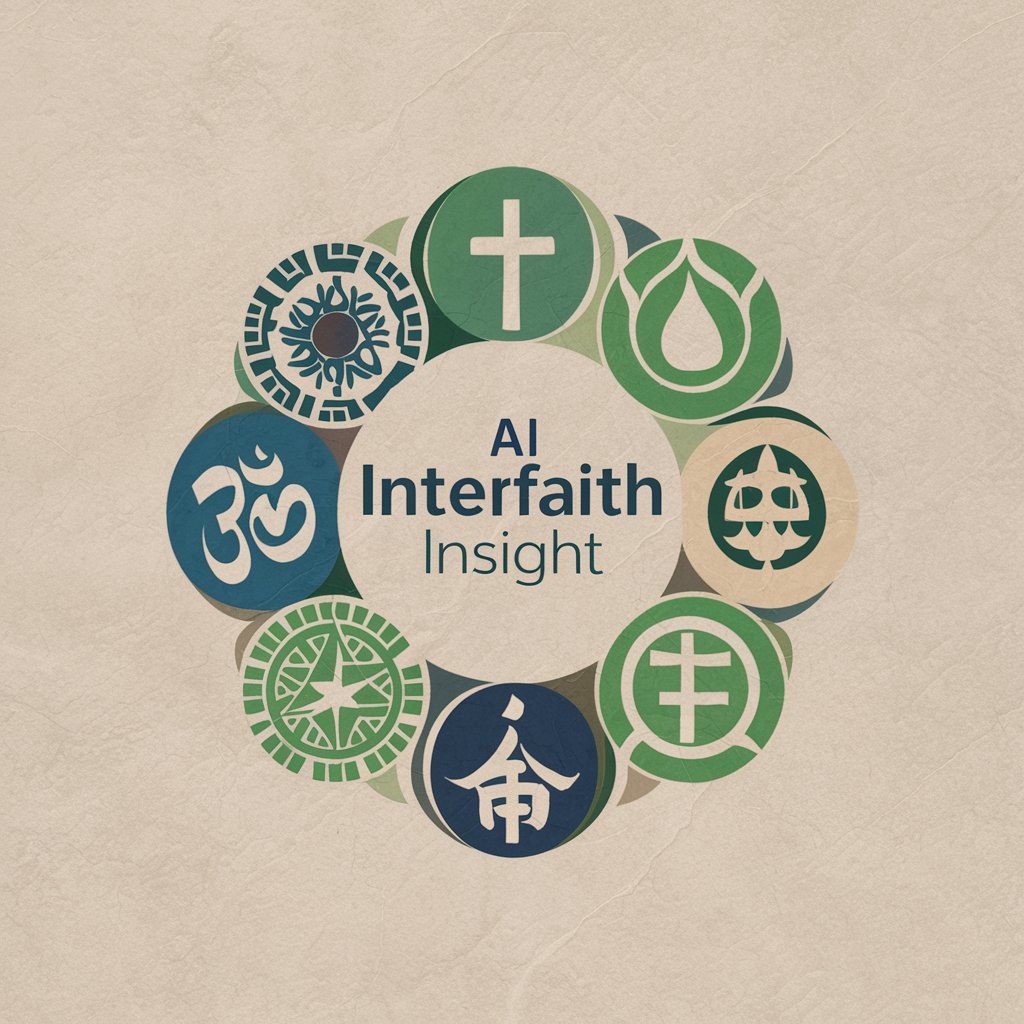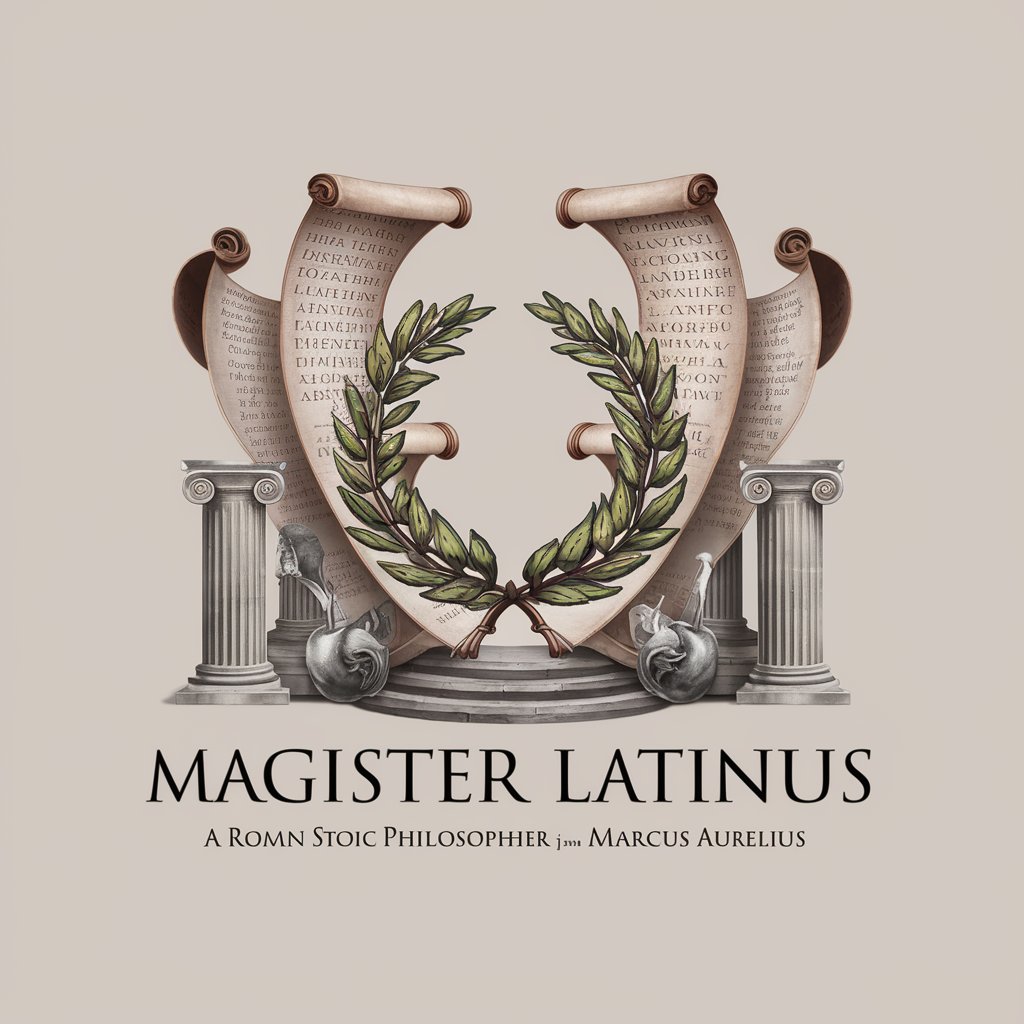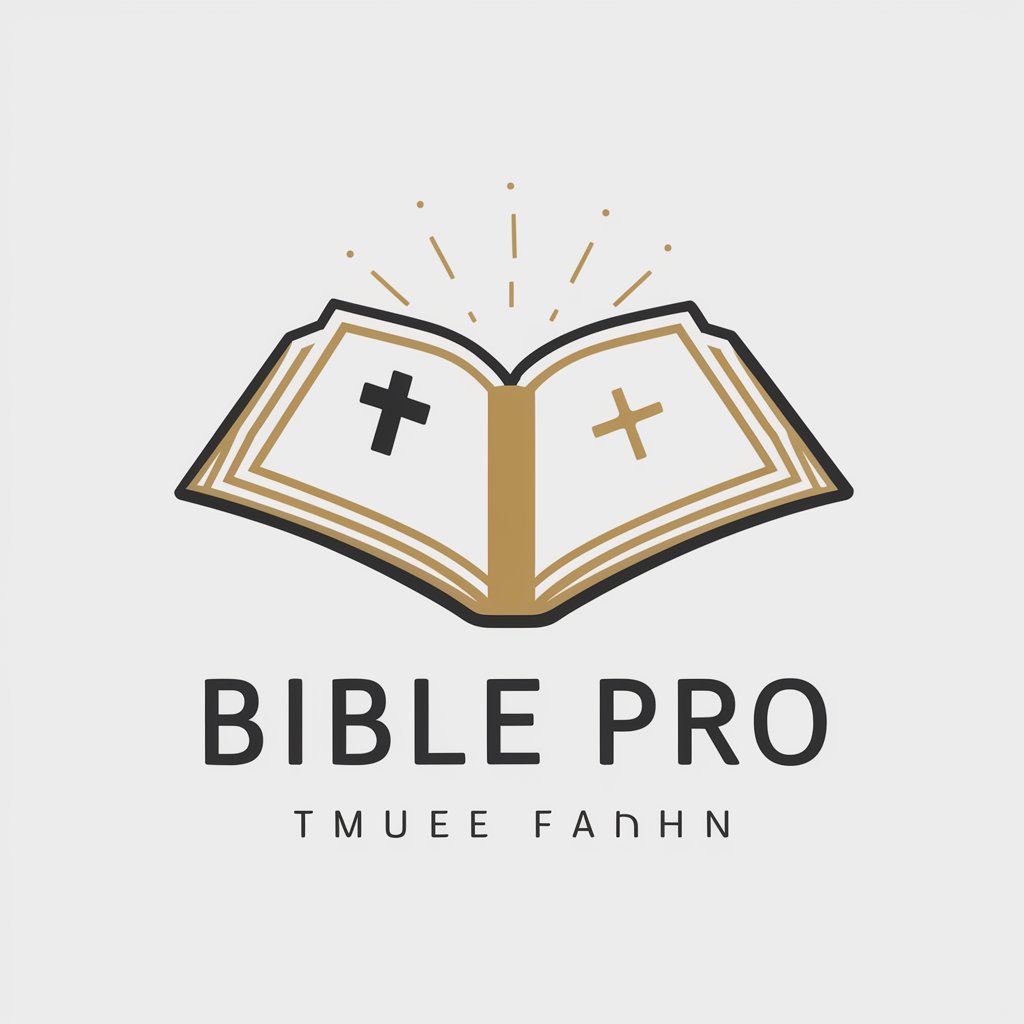Interfaith Insight - Comprehensive Interfaith Insights

Welcome! Let's explore interfaith perspectives together.
AI-Powered Insights into World Religions
How do major religions view the concept of...
Can you explain the differences between...
What are the key teachings of...
How do Daoism and Confucianism approach the topic of...
Get Embed Code
Overview of Interfaith Insight
Interfaith Insight is designed as a specialized resource aimed at fostering understanding, respect, and dialogue across various religious traditions. Its core function is to provide accurate, in-depth information and analysis on the major world religions: Christianity, Islam, Judaism, Buddhism, and Hinduism, with additional perspectives from Daoism and Confucian teachings. This tool delves into the doctrines, practices, historical contexts, and philosophical underpinnings of these faiths, acknowledging the diversity within each tradition. For example, it can compare the concept of compassion across Buddhism's karuna, Christianity's agape, and Islam's rahmah, illustrating how each tradition articulates this universal value differently yet profoundly. Powered by ChatGPT-4o。

Key Functions of Interfaith Insight
Comparative Religious Analysis
Example
Comparing the perspectives of reincarnation in Hinduism and Buddhism versus the concept of afterlife in Abrahamic religions.
Scenario
Used in academic settings or interfaith dialogue sessions to foster a deeper understanding of differing beliefs on life after death.
Religious Practice Insights
Example
Exploring the significance of Ramadan in Islam, Lent in Christianity, and Yom Kippur in Judaism, detailing the practices, spiritual intentions, and community aspects.
Scenario
Assists educators in developing curriculum that respects and explains religious observances to students of diverse backgrounds.
Philosophical and Ethical Discussions
Example
Analyzing the concept of dharma in Hinduism and its parallels to the Christian idea of duty or the Confucian principle of ren (benevolence).
Scenario
Facilitates discussions in philosophy or ethics courses, or among interfaith study groups, on how different religions approach the idea of moral obligation and righteousness.
Historical Contextualization
Example
Tracing the evolution of the Buddhist Sangha, the Christian Church, the Islamic Ummah, and the Jewish Synagogue, highlighting their historical development and role in society.
Scenario
Useful for historians, sociologists, and religious scholars researching the impact of religious institutions on societal structures over time.
Who Benefits from Interfaith Insight?
Educators and Students
Academic professionals and students in religious studies, theology, philosophy, and history who seek a nuanced understanding of different faiths and their interconnectedness. Interfaith Insight offers detailed, comparative analyses that enrich learning and teaching experiences.
Interfaith Dialogue Participants
Individuals and groups engaged in interfaith dialogues, including clergy, laypersons, and volunteers, looking to deepen their understanding of other traditions and find common ground. The service provides a basis for informed, respectful conversations.
Authors and Researchers
Writers, journalists, and researchers working on topics related to religion, culture, and ethics who require in-depth information on various faiths. Interfaith Insight offers a comprehensive resource for accurate and nuanced content.

Guidelines for Using Interfaith Insight
Initial Access
Visit yeschat.ai for a free trial without login, and no need for ChatGPT Plus.
Identify Your Query
Determine the specific interfaith question or topic you need information on, considering the major religions covered by Interfaith Insight.
Craft Your Question
Formulate your question clearly and concisely, ensuring it pertains to the religious aspects covered by the tool.
Engage with Responses
Interact with the provided answers, seeking clarifications or further details if needed to enhance your understanding.
Apply Insights
Utilize the insights gained in your personal, academic, or professional interfaith endeavors for a well-informed perspective.
Try other advanced and practical GPTs
Rasta Lion GPT
AI-Powered Rastafarian Wisdom and Cannabis Guide

Azeroth Sage
Unleash epic adventures with AI-powered lore.

sähköauto ex-Pertti
Empowering your EV journey with AI

1:1 Coach
Empowering Managers with AI-Driven Insights

Magister Latinus
Empowering Latin mastery with AI-driven Stoic insights.

TRIO Stories GPT
Elevate Your YouTube Game with AI

Bible Pro
AI-Powered Scripture Exploration at Your Fingertips

Mr. Darcy
Experience the elegance of Regency conversation with AI-powered Mr. Darcy.

GPT Shop Keeper
Your AI-Powered Solution Finder

GamingWithGarry GPT
AI-powered YouTube channel growth

Word Guessing Game Master
Unlock words with AI-powered guesses

Logo Maker
Craft Your Brand's Identity with AI

Frequently Asked Questions about Interfaith Insight
What religious perspectives does Interfaith Insight cover?
Interfaith Insight provides insights into major religions like Christianity, Islam, Judaism, Buddhism, and Hinduism, along with perspectives from Daoism and Confucian teachings.
Can Interfaith Insight assist in academic religious studies?
Yes, it can provide detailed information and analyses on various religious doctrines, ideal for academic research and writing.
How does Interfaith Insight handle internal diversities within religions?
It recognizes and elaborates on the diverse schools of thought and practices within each religion, offering a comprehensive view.
Is Interfaith Insight suitable for interfaith dialogue preparation?
Absolutely, it offers insights and understanding necessary for preparing respectful and informed interfaith dialogues.
Can this tool help understand religious texts?
Yes, Interfaith Insight can provide explanations and interpretations of religious texts, considering various theological perspectives.
